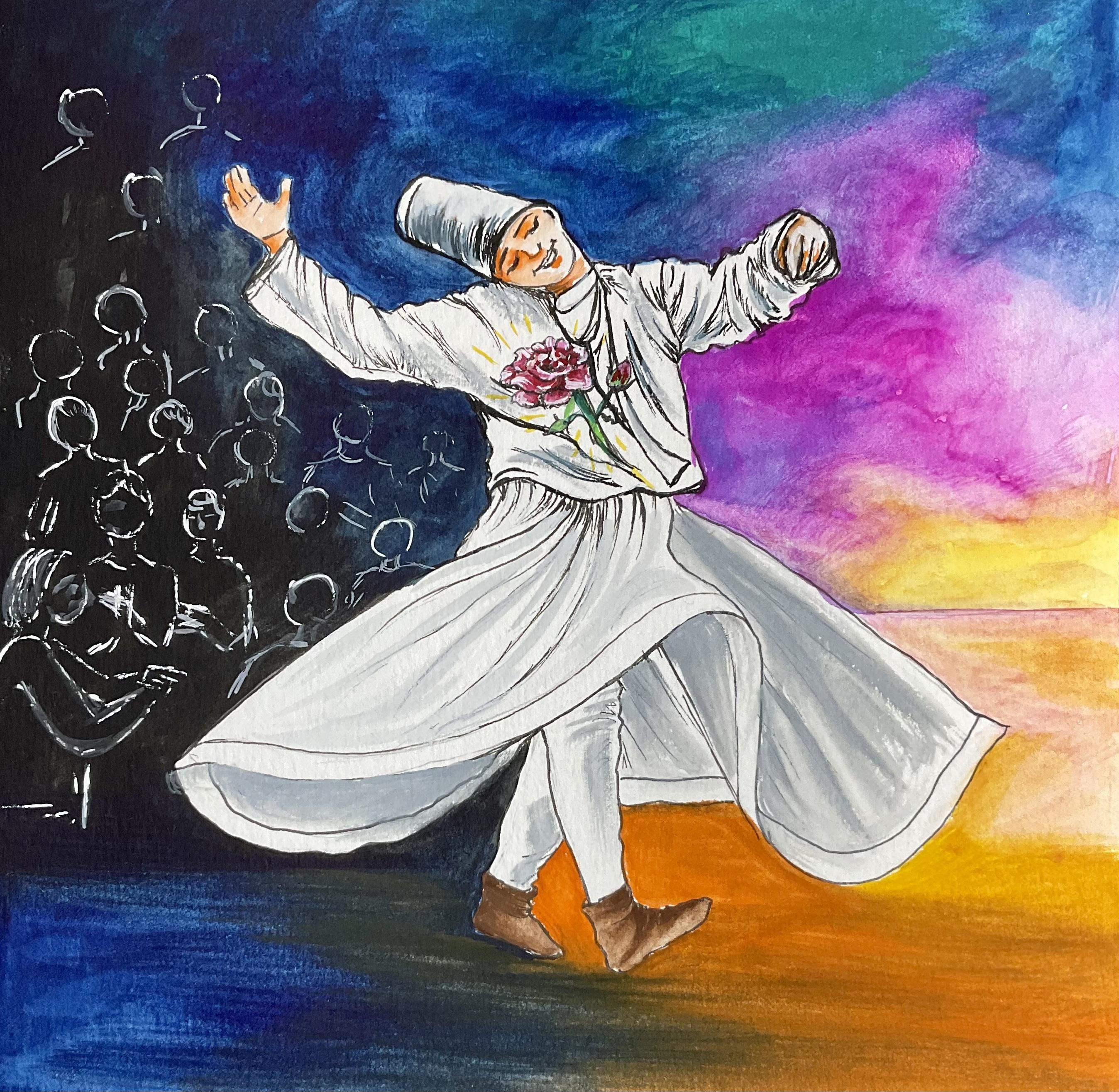A Flower's Job Is To Bloom

IMAGE OF THE WEEK
We are grateful to Rupali Bhuva for offering this hand-made painting for this reading.

A powerful moment in My Fair Lady is when Henry Higgins's mother commiserates with a sobbing Eliza Dolittle. Eliza is distraught because Higgins did not congratulate her after an exemplary performance at the royal ball when the crown prince himself took the first dance with her.
She rebukes Higgins by comparing him to Colonel Pickering, who treats a flower girl as if she were a duchess. Higgins retorts that he treats a duchess as if she were a flower girl and asserts that he treats everyone the same.
Eliza wanted to feel important and be treated that way.
So do you. So do I. And so does most everyone else.
The problem arises when we want this recognition and applause to come from a specific person or group of persons. Every time our emotional well-being is affected by whether someone else acknowledges us, we construct a prison around ourselves and hand that person the key.
Why would we do that? Why would we ever want to do that?
We do it because we never thought about it and because everyone around us is doing the same. Do we really want our happiness to be controlled by the spigot of other people's attention and acclaim?
Our job as a flower is to bloom. Our fulfillment lies in that.
The rose that blossoms in the wild is not a whit less than the one that does so in a show garden.
Srikumar Rao is business-chool professor and author. Excerpt above from his book, Modern Wisdom, Ancient Roots.
SEED QUESTIONS FOR REFLECTION: How do you relate to the notion that 'the rose that blossoms in the wild is not a whit less than the one that does so in a show garden'? Can you share a personal story of a time you were able to find freedom from a need for recognition? What helps you stay true to your nature, just like a flower's job is to bloom?